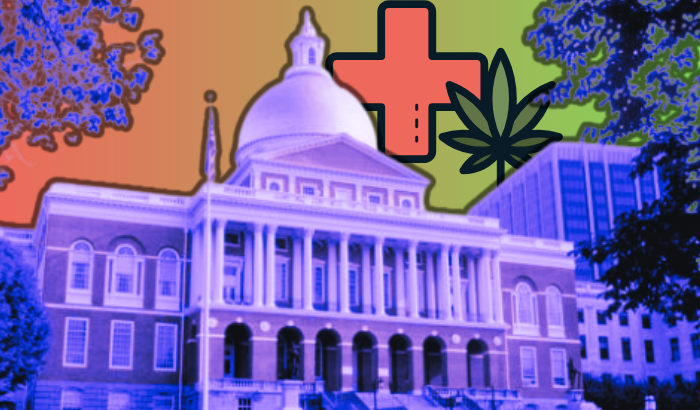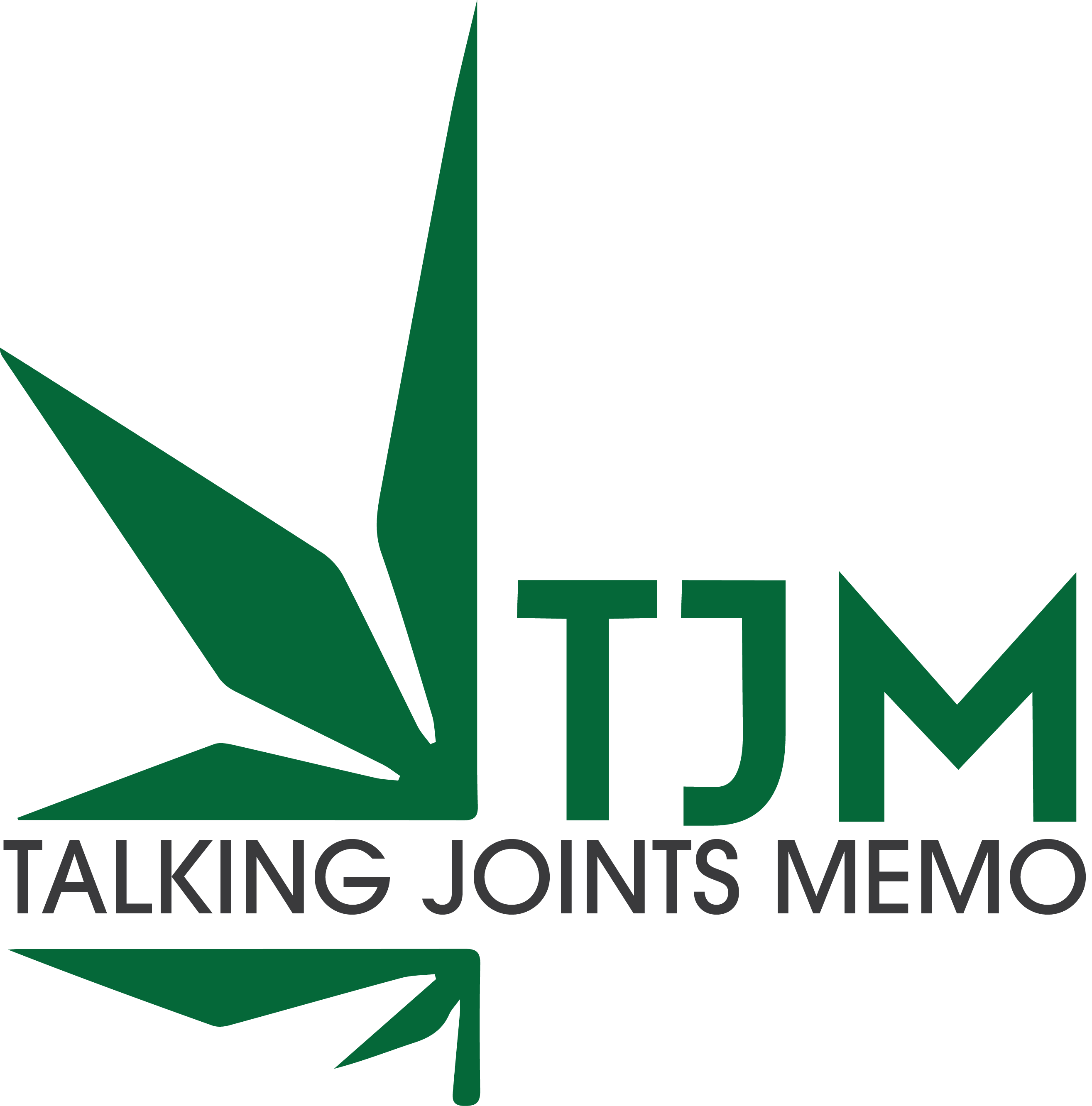
“The opioid epidemic has continually escalated in recent years, and despite commendable efforts by the Healey-Driscoll Administration, challenges in access to effective interventions persist.”
The Massachusetts-based Cannabis Center of Excellence has been amplifying the results of its new iCount: Cannabis as an Alternative research study which the nonprofit reports includes “compelling findings regarding the potential of cannabis to serve as an alternative to unwanted medication use, including prescription opioid use,” and “emphasizes the role of medical cannabis in harm-reduction strategies that can impact preventing the use of and mitigating the impact on the opiate crisis.”
And now, they’re bringing that message along with their results to Beacon Hill, and specifically to Massachusetts Gov. Maura Healey, who just last week announced a blanket pardon for all misdemeanor cannabis offenses in state history. A letter sent from CCOE President Dr. Marion McNabb to the administration notes:
The opioid epidemic has continually escalated in recent years, and despite commendable efforts by the Healey-Driscoll Administration, challenges in access to effective interventions persist. Our research findings indicate a promising association between adult medical or recreational cannabis use and reduction in individuals’ use of opioids and other unwanted substances. The study includes specific emphasis on populations most affected by the opioid crisis, such as non-Hispanic Black residents, veterans, and individuals experiencing homelessness.
The [included] policy memo provides comprehensive insights into the study’s methodology, results, and recommendations, aligning with the MA Opioid Settlement Funds’ Permitted Uses for Harm Reduction. We believe that the findings and recommendations outlined in the memo offer innovative and evidence-based approaches to addressing the opioid crisis.
Details and observations in the accompanying policy memo include:
- The opioid epidemic has concerningly escalated over recent years, both at the national level and locally in Massachusetts. According to the MA Department of Public Health, opioid-related overdose deaths rose 2.5% from 2021 to 2022, claiming an estimated total of 2,357 lives – a 9.1% increase from the pre-pandemic peak in 2016.
- The data suggests that cannabis could play an important role in harm reduction strategies, aiding individuals in reducing or stopping use of opioids and other substances. These findings shed light on potential pathways for cannabis to contribute to alleviating the ongoing opioid epidemic in Massachusetts.
- The Healey-Driscoll Administration has made commendable efforts in addressing this public health crisis by leading claims against responsible pharmaceutical companies and distributors as well as allocating funds and resources for prevention, harm reduction, treatment, and recovery in Massachusetts. Among these include the issuance of over $525 million in opioid resettlement funding to address the opioid epidemic in MA. However, despite these initiatives, the opioid crisis persists at great cost to the state.
- Methadone and buprenorphine are effective FDA-approved interventions for opioid use disorder that generally serve as the first line of treatment for patients and have been shown to reduce overdose deaths by roughly 50%. However, these treatment methods present challenges with access to prescribing providers, treatment adherence, experiencing unwanted side effects and health consequences, and associated stigma.
The memo recognizes that “Healey led the nation in suing the Sacklers and other pharmaceutical giants in causing the opioid epidemic,” and notes, “As a result, there is over $500 million dollars available in Massachusetts to dedicate resources towards harm reduction and treatment for opioid addiction and recovery.” The CCOE’s message: “opioid resettlement funds could potentially allow for the research into cannabis as a harm reduction alternative.” As such, the researchers made the following recommendations to Healey:
- Fund the development of evidence-based training & education materials for healthcare providers, recovery workers and front-line workers on the evidence, role, and risks of medical cannabis as a harm reduction alternative.
- Conduct a three-month scoping review of possible interventions for the region or county, including developing and delivering training materials, in addition to outlining a possible pilot education program for healthcare providers and recovery workers to understand the science and role of medical cannabis as a harm reduction alternative.
- Implement a research project to assess the scope of medical cannabis as a potential harm reduction alternative in Massachusetts.
- Conduct a cost savings assessment of introducing cannabis as a harm reduction alternative on state costs for addiction and recovery.
- Review options for developing regulations that support donations for medical and adult use cannabis for populations who suffer from addiction to alcohol, opiates, and other more harmful substances.

























